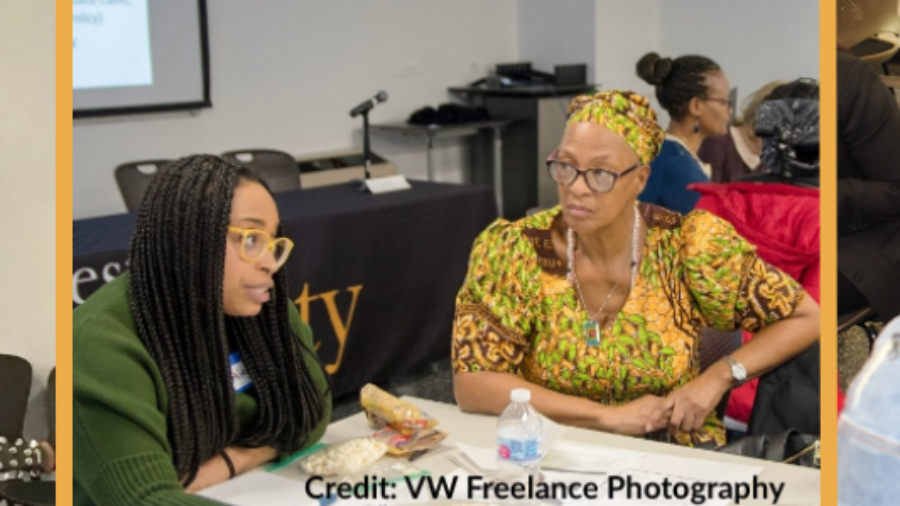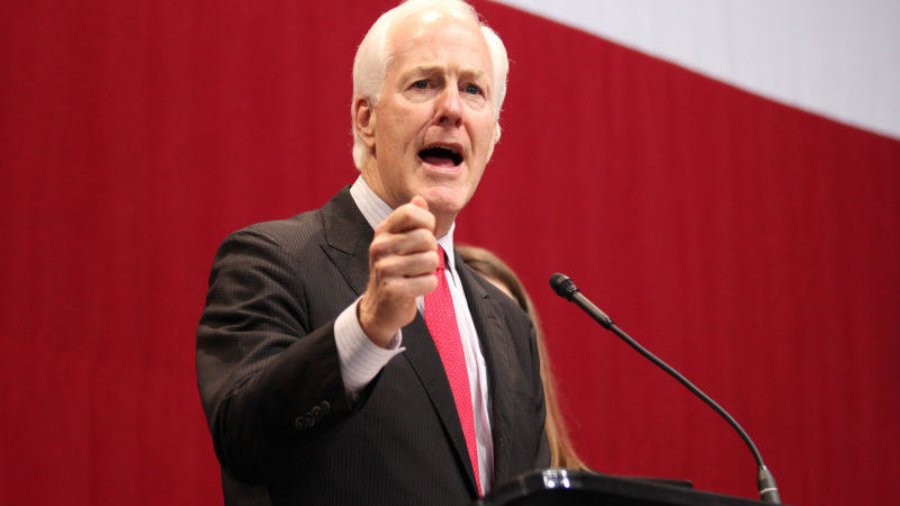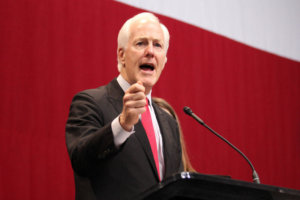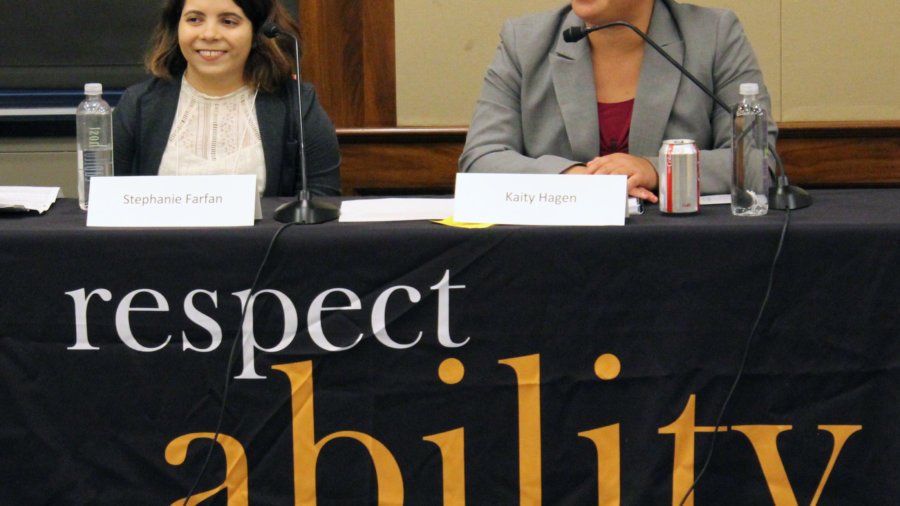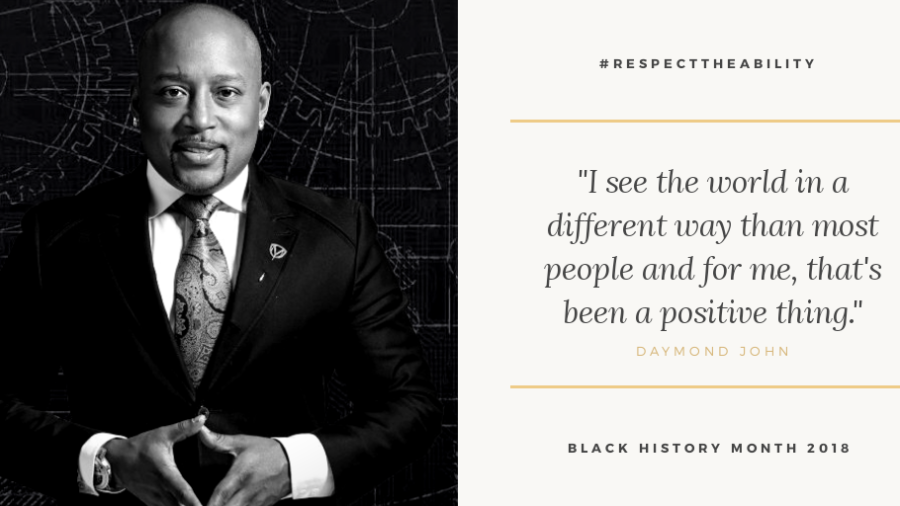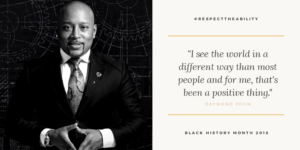National Leadership Program, Spring 2019
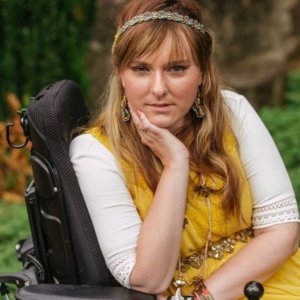
Ariella Z. Barker
In addition to being an attorney, writer and disability activist, Ariella Z. Barker was a Political Communications Fellow in RespectAbility’s National Leadership Program for Spring 2019. RespectAbility is a nonprofit organization fighting stigmas and advancing opportunities for people with disabilities. She communicates with and reports on political campaigns for the President of the United States, Congress and Gubernatorial races regarding disability issues. She also works to improve disability inclusion and perception in the Jewish Community.
Barker was diagnosed with Spinal Muscular Atrophy at the age of three and lost the ability to walk at the age of eleven, the same year the Americans with Disabilities Act went into effect. Living in an inaccessible world as a wheelchair-user, she quickly became a disability advocate to accomplish her own American Dream. From her public-school system and small hometown, her university and law school, to NYC courthouses and Israeli coffee houses, she paved an accessible path to the future.
Barker obtained her bachelor’s degree in Business and Administration from Emory’s Goizueta Business School in 2002, with a nearly full merit scholarship from Bank of America. In 2005, she received her Law Degree from Emory University, as a Willard DeWitt Scholar. And, this summer, she begins her Mid-Career Masters in Public Administration at the Harvard Kennedy School.
After law school, Barker was an Assistant Corporation Counsel for the City of New York and Mayor Michael Bloomberg, where she defended high-profile constitutional, employment discrimination and labor law claims. As a result of her work, policy within the City changed. The NYPD began randomly drug testing officers for illegal steroids; city-run prisons were made more accessible; disabled employees requesting an accommodation were allowed alternative criteria for advancement; the NYPD issued a policy prohibiting officers from parking vehicles on sidewalks or curb-cuts, obstructing accessible pathways; and NY state courthouses became more accessible.
In 2008, Barker emigrated to Israel. She continued working as an attorney, while advocating for Israelis with disabilities to have a more accessible state. She sat on accessibility committees, wrote op-eds for the Jerusalem Post, and encouraged various entities to make their properties accessible. As a result of her advocacy, many private businesses, synagogues and government properties became accessible. And in 2011, she was named one of Israel’s top 50 bachelorettes.
In 2012, Barker returned to the States for medical treatment and family support due to the onset of chronic illness. In battling chronic illness compounded with disability, she learned how impossible it is for Americans with severe or multiple disabilities to access healthcare, gain employment or simply live with dignity. It was this realization that convinced her to leave the practice of law and enter the world of disability policy.
In 2014, Barker was crowned Ms. Wheelchair North Carolina, a disability advocacy position. As part of her role as Ms. Wheelchair NC, she encouraged producers and major television networks to accurately depict characters with disabilities on television and film. Since then, she has traveled the country, speaking about disability inclusion and rights. In 2016, she began advising politicians on disability issues. And she has published articles on disability issues in The Charlotte Observer, The Jerusalem Post, Garnet News, Push Living, Daily Kos, Grok Nation, Kol Ha’Birah, The Mighty and others.
Barker is the child of an immigrant and a first-generation college graduate. She grew up in rural North Carolina, but she has lived in Atlanta, New York City, and even oversees in Nigeria and Israel. She carried the 1996 Paralympic Torch, modeled for Permobil and has been the subject of several documentaries and news articles.
Barker once played flute for the Charlotte Youth Symphony, going on to be first chair flute for the Emory University Wind Ensemble. While she no longer plays for audiences, she considers music a necessity of happy living. You can often find her singing or humming along to her favorite song on loop. She’s an avid non-fiction reader, with the exception of her obsession for George R.R. Martin’s A Song of Ice and Fire fantasy series, the basis for HBO’s hit series Game of Thrones. And she’s a lover of fashion, who is certain that heaven is a cross between a giant library and the Vogue accessories closet.
Barker is also an Orthodox Jewish convert, devout Zionist and a dual American-Israeli citizen, who is fluent in English and Hebrew. She loves to cook for and host large Shabbat dinner parties, where traditional Cholent and gefilte fish are replaced with soul food and tacos. She educates the Jewish community and prospective converts on the challenges of living as a convert, from discrimination in marriage and immigration to the struggles of isolation and the difficulty of teaching a non-Jewish grandmother the laws of keeping kosher. And she works with non-Jewish communities in understanding the insular Jewish community, Zionism and the need for a Jewish State, in hopes of lessening the current rise of antisemitism.
Barker wrote two pieces during the Spring 2019 Fellowship. Read them on our website:
She also wrote 12 pieces for the RespectAbility Report:
- The State of the Union and Addressing Disability Issues (February 7, 2019)
- New Video by Stacey Abrams Shows Value of Disability Community’s Vote
(February 20, 2019)
- Presidential Hopeful John Hickenlooper Has a History of Improving the Lives of People with Disabilities
(April 8, 2019)
- Presidential Hopeful Sen. Amy Klobuchar’s Record Proves “Amy for America” Means Americans with Disabilities Too
(April 9, 2019)
- Kamala Harris Pledges to be President for All People – People with Disabilities, Too (April 18, 2019)
- Beto O’Rourke Campaigns with Disability In Mind (April 22, 2019)
- Joe Biden Runs for President to Bring a Democracy That Serves Everyone, Including People with Disabilities (May 4, 2019)
- Mayor Pete Buttigieg Delivers on Pledge to Include People with Disabilities in His Campaign, Including in Hiring Practices (May 5, 2019)
- Presidential Hopeful Cory Booker Fights for Equal Justice for All, Including People with Disabilities
(May 7, 2019)
- Presidential Hopeful Andrew Yang Advocates for Early Intervention in Autism (May 10, 2019)
- Gabbard Says Aloha to All Americans, Including Those with Disabilities (May 15, 2019)
- Julián Castro’s Message of “People First” Includes People with Disabilities Too (May 16, 2019)






